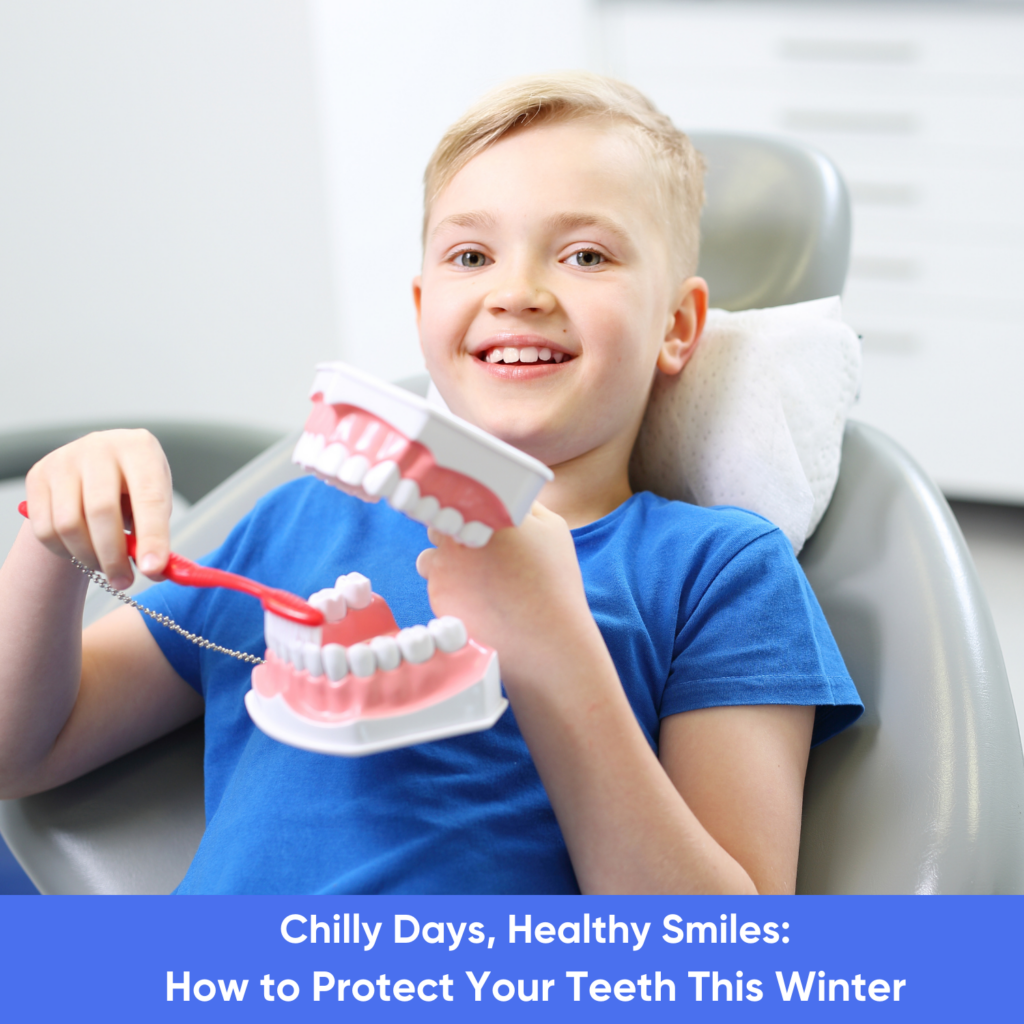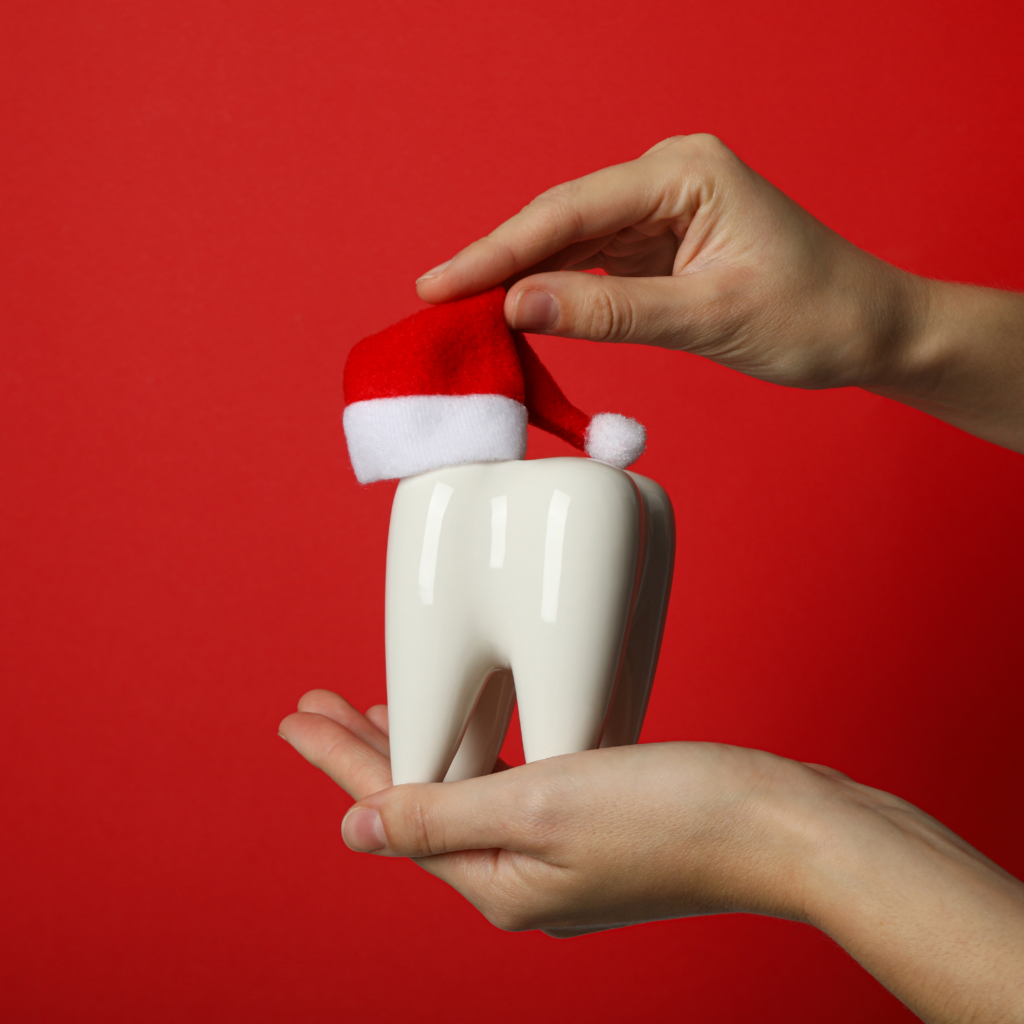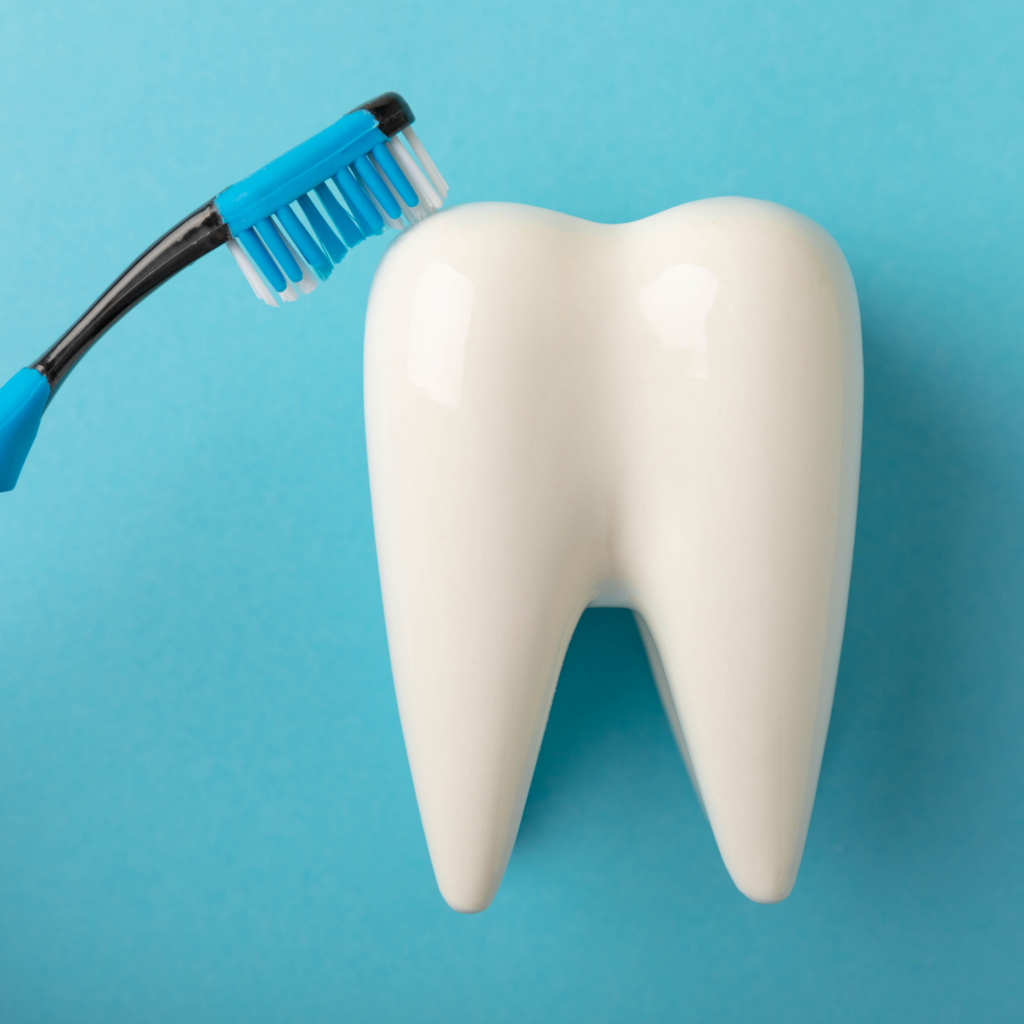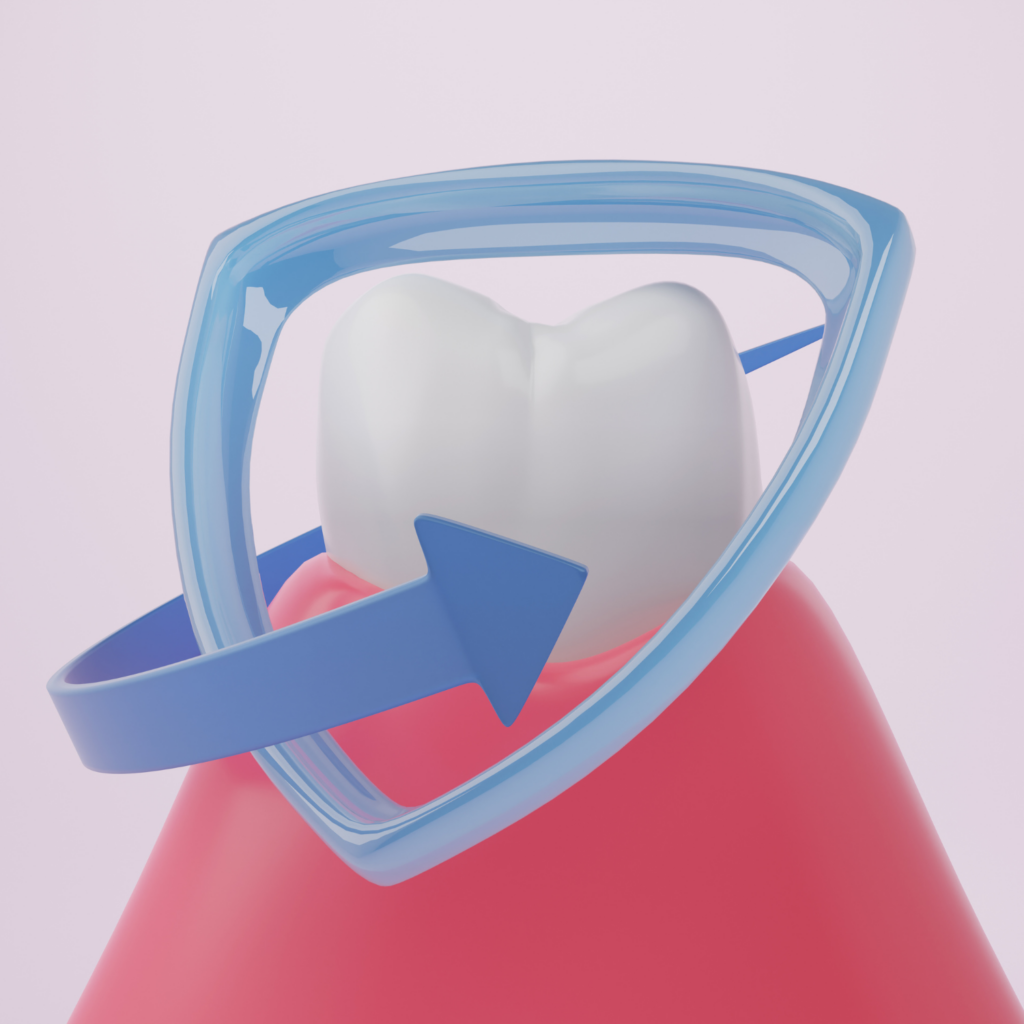
Introduction
As the temperature drops and the winter chill sets in, it’s not just your body that needs extra care—your teeth need some attention too! Winter can be harsh on your oral health, with the cold air, dry conditions, and seasonal habits putting your teeth at risk. Fortunately, with a few simple steps, you can keep your smile healthy and bright despite the chilly days. we’ll explore the best ways to protect your teeth throughout winter, from adjusting your diet to improving your oral care routine.
Summary
1. How Winter Affects Your Teeth: What You Should Know
2. Why Oral Hygiene Matters More in Winter
3. Eating Right to Keep Your Smile Healthy
4. Stay Hydrated: Protecting Your Teeth with Water
5. Protecting Your Teeth from the Cold
6. Avoiding Harmful Habits in Winter
7. Regular Dental Checkups: The Winter Necessity
1. How Winter Affects Your Teeth: What You Should Know

Winter brings cold air, hot drinks, and a shift in habits. As the temperature drops, you may notice that your teeth feel more sensitive. The chilly weather can affect your oral health, so understanding how winter impacts your teeth is the first step toward protecting them.
Cold air causes your teeth to contract, and the sudden change between hot drinks and the chilly outdoor temperatures can make your teeth more prone to discomfort. Additionally, the dry air during winter can lead to dry mouth, which affects saliva production and leaves your teeth vulnerable to bacteria. All these factors combined make it essential to pay extra attention to your oral health during the colder months.
2. Why Oral Hygiene Matters More in Winter

Proper oral hygiene is always important, but in winter, it becomes even more crucial. The cold weather encourages people to consume more hot beverages like coffee, tea, or hot chocolate. While these drinks offer comfort on a chilly day, they can also stain your teeth or increase sensitivity.
To keep your teeth protected during winter, it’s vital to brush twice a day using fluoride toothpaste. Don’t forget to floss regularly to remove food particles stuck between your teeth. Using mouthwash with antibacterial properties will also help in keeping your mouth fresh and protected from bacteria that thrive in colder months.
3. Eating Right to Keep Your Smile Healthy

Winter cravings often lean toward comfort foods like soups, casseroles, and hot drinks. While these can keep you warm, they may also be less than ideal for your teeth. Foods that are high in sugar, acidic fruits, and starchy snacks can contribute to plaque buildup, leading to cavities.
To protect your teeth, focus on including tooth-friendly foods in your winter diet. Dairy products, such as cheese and yogurt, are rich in calcium, which strengthens your teeth. Leafy greens and crunchy vegetables, like carrots, can help clean your teeth as you eat and stimulate saliva production, which helps neutralize acids in your mouth. A healthy winter diet is a key step in maintaining healthy smiles during chilly days.
4. Stay Hydrated: Protecting Your Teeth with Water

Dry air in winter can lead to a dry mouth, which is a problem for your teeth. Saliva is crucial in washing away food particles and neutralizing acids that cause tooth decay. When you don’t have enough saliva, your teeth become more vulnerable to cavities and gum disease.
Staying hydrated by drinking water throughout the day helps maintain moisture in your mouth. This not only prevents dry mouth but also washes away food debris and bacteria that can lead to oral health issues. If you drink a lot of coffee or tea during winter, be sure to balance it with water to maintain optimal hydration levels for your mouth.
5. Protecting Your Teeth from the Cold

Winter weather often brings cold winds and harsh conditions that can cause discomfort to your teeth. If you’re someone who experiences tooth sensitivity, cold air may trigger sharp pain or discomfort in your teeth. While it’s hard to avoid going outside during winter, there are ways to protect your teeth.
One helpful tip is wearing a scarf or face mask to shield your face and mouth from the cold wind. This helps reduce the direct impact of chilly air on your teeth. Additionally, if you’re prone to tooth sensitivity, try using a toothpaste designed for sensitive teeth. These products contain ingredients that help desensitize your teeth, providing relief from the cold.
6. Avoiding Harmful Habits in Winter

Winter can bring along certain habits that are bad for your teeth. People often chew on ice or open packages with their teeth during the holiday season. These actions can cause cracks, chips, or even breakage in your teeth, leading to unnecessary dental visits.
Instead, avoid chewing ice or using your teeth as tools. If you need to open a bottle or package, use scissors or a proper opener. Protecting your teeth from these harmful habits will go a long way in preserving your smile throughout winter.
7. Regular Dental Checkups: The Winter Necessity

No matter how well you take care of your teeth, it’s always important to see your dentist regularly. Winter can often bring more dental issues to light due to changes in your habits or the weather. Having a dental checkup every six months ensures that any problems are caught early, before they become more serious.
During your checkup, your dentist can check for cavities, signs of gum disease, and other potential oral health problems. They will also give you personalized tips on how to maintain your oral hygiene routine during winter, ensuring that your teeth stay protected and your smile stays healthy.
FAQs
Q.1. How can cold weather affect my teeth?
A.1. Cold weather can cause tooth sensitivity, dry mouth, and discomfort due to temperature changes. It’s essential to protect your teeth from the cold and maintain good oral hygiene.
Q.2. Why do my teeth become more sensitive during the winter?
A.2. The sudden shift between hot drinks and cold air can cause your teeth to contract, leading to sensitivity. Using a toothpaste for sensitive teeth can help.
Q.3. What foods should I avoid in winter to protect my teeth?
A.3. Avoid sugary snacks, acidic fruits, and starchy foods, as they can contribute to plaque buildup and cavities.
Q.4. How can I prevent dry mouth in winter?
A.4. Drink plenty of water throughout the day to stay hydrated, and use mouthwash to help keep your mouth moist.
Q.5. How often should I visit the dentist during winter?
A.5. It’s recommended to visit the dentist every six months for a routine checkup, but if you notice any issues, make an appointment sooner.
Conclusion
As winter brings its unique challenges, taking care of your teeth should be a priority. By following these simple tips—maintaining good oral hygiene, eating the right foods, staying hydrated, protecting your teeth from the cold, avoiding harmful habits, and visiting your dentist regularly—you can protect your teeth and keep your smile healthy all season long.
Winter doesn’t have to mean compromised oral health. With the right habits, your teeth will stay strong, healthy, and ready to face the cold weather with confidence.
For personalized assistance or to book a consultation, give us a call at (267) 908-4867 or visit us online at https://premierperiodonticspa.com/contact-us/. Your smile is our top priority, and we’re dedicated to providing the exceptional care and support you deserve for a smooth dental journey. Let us guide you toward a bright, healthy smile with expert care designed just for you.









